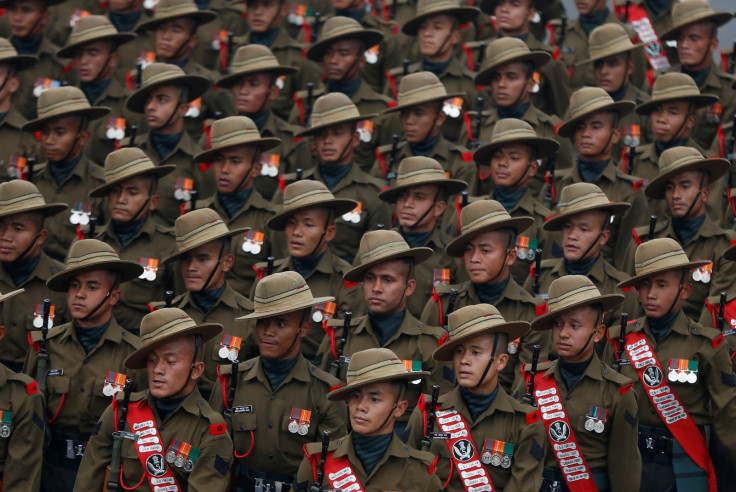Beijing angered as Indian Army chief warns of two-front war with China and Pakistan
India has fought three wars with Pakistan and one with China in the past.
China on Thursday (7 September) expressed its anger over a comment made by the chief of the Indian Army, General Bipin Rawat. On Wednesday, Rawat said that New Delhi should be prepared for a two-front war with China and Pakistan as the threat of a ground-based conflict cannot be ruled out despite the deterrence of nuclear weapons.
Speaking about the recent standoff between Indian and Chinese forces, General Rawat called for maintaining the Indian Army's "supremacy and primacy". However, this is not the first time when Rawat has warned about a simultaneous war with both the nuclear-armed neighbours of India who have serious border tensions with New Delhi. Beijing and Islamabad have also been moving closer geopolitically in recent years with much to the exasperation of the Indian government.
Addressing at a think tank in the Indian capital of New Delhi, Rawat said: "As far as the northern adversary is concerned, the flexing of muscle has started. The salami slicing, taking over territory in a very gradual manner, testing our limits of the threshold is something we have to be wary about and remain prepared for situations emerging which could gradually emerge into conflict," said the Indian army chief.
While India has fought three wars with Pakistan with two of them centred on the disputed region of Kashmir, the country has had one serious conflict with China in the past.
"Wars will be fought on land, and therefore primacy of the Army must be maintained. The other services, the Navy and Air Force, will play a very major role in support of the Army which will be operating on the ground, because no matter what happens, we may be dominating the area or the air, but finally war will be won when we ensure territorial integrity of the nation," cautioned Rawat thinly underscoring the internal tensions among the army, navy and air forces.
However, China was quick to respond to Rawat's comments saying they do not align in line with the recent statements made by Indian Prime Minister Narendra Modi and Chinese President Xi Jinping when they held brief bilateral talks.
"Just two days ago, President Xi Jinping pointed to Prime Minister Narendra Modi that the two countries are each other's development opportunities, not threats. We don't know whether he was authorised to speak those words or it was just his spontaneous words or whether his words represented the position of the Indian government," said Geng Shuang, a spokesperson for the Chinese government.

© Copyright IBTimes 2024. All rights reserved.






